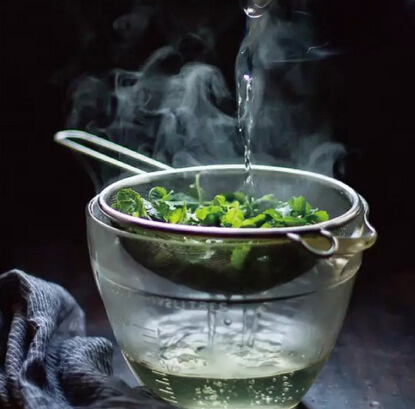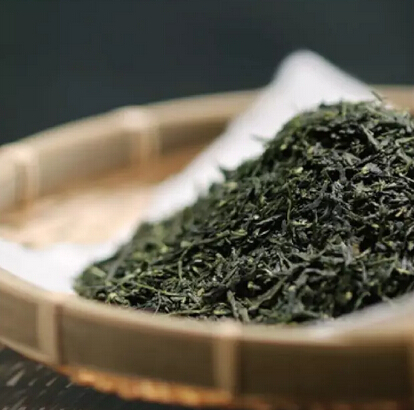The Shen hour refers to the period from 3 PM to 5 PM in the afternoon. In ancient China, a day was divided into twelve two-hour periods, each corresponding to one of the twelve Earthly Branches: Zi, Chou, Yin, Mao, Chen, Si, Wu, Wei, Shen, You, Xu, and Hai.
From the perspective of traditional Chinese medicine, the Shen hour is governed by the bladder meridian, which starts at the inner corner of the eye (Jingming point) and runs along the back down to the little toe. This meridian is one of the most important in the body, known as the Foot Taiyang meridian, and is the longest among the fourteen primary meridians. The bladder meridian serves as the body's primary detoxification pathway, so its condition significantly impacts overall health.

Drinking tea during the Shen hour greatly supports the bladder meridian's function, aiding in detoxification and improving circulation. Tea contains beneficial compounds such as amino acids, polyphenols, and caffeine, which enhance the bladder meridian's efficiency. As noted in the Tang Materia Medica: "Tea has a sweet and bitter taste, is slightly cold and non-toxic, removes phlegm and heat, aids digestion, and promotes urination."

Tea helps digest fats, reduce inflammation, improve vision, calm the mind, relieve summer heat, detoxify, and quench thirst. Tea polyphenols are powerful antioxidants that neutralize free radicals, block the formation of carcinogens like nitrosamines, and protect against radiation. Amino acids assist in protein digestion and absorption while balancing nutrient intake. Caffeine stimulates the central nervous system, enhancing cognitive function, and also aids in diuresis, reducing edema, relieving asthma, counteracting alcohol toxicity, and improving cardiovascular function.

Thus, drinking tea during the Shen hour allows the body to absorb its active compounds more effectively while supporting the bladder meridian's detoxification role. This dual effect maximizes the health benefits for the body.